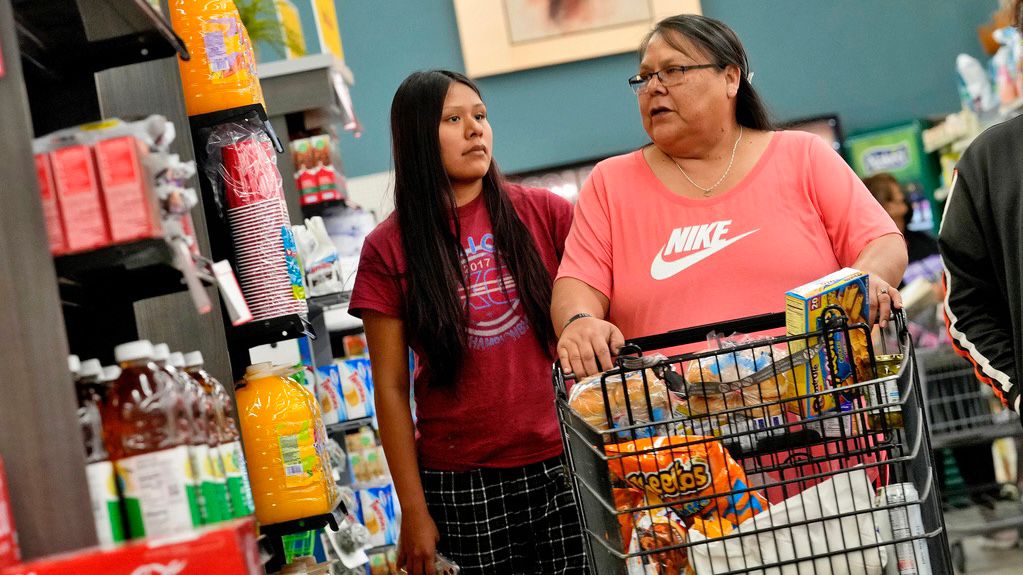Americans expect inflation to improve in the coming years, according to the Federal Reserve Bank of New York’s January Survey of Consumer Expectations.
Respondents said they expect inflation to be 3% in one year and 2.5% in five years — the same as they expected at the end of 2023.
In three years, they expect inflation to drop to 2.4%. A 0.2% decrease since December, the three-year projection was the lowest it has been since March 2020.
Inflation was 3.4% in December, according to the most recent Consumer Price Index. The Federal Reserve will release CPI figures for January on Tuesday.
While consumer expectations about home price growth were unchanged for a fourth consecutive month at 3%, they are more optimistic about prices falling in the coming year for all other goods, including gas, food, rent, medical care and college educations.
Despite the falling prices, they expect their household spending to increase 5% — the same expectation as last month.
They are also more optimistic about earnings growth a year from now. Respondents said they expect their earnings to increase 0.3% to 2.8% in January 2025. The increase was driven largely by people over the age of 40 who do not have a college degree.
Despite their earnings confidence, more respondents in January thought the U.S. unemployment rate would be higher in a year, though their perceived probability of losing their own job or voluntarily leaving their position both fell.
Consumers’ expectations of credit availability improved in the January survey, with fewer respondents saying it was harder to get credit now compared with a year ago. Respondents also felt better about their ability pay off debt, with the average perceived probability of missing a minimum debt payment in the next three months decreasing 0.3% — a level similar to 2019.
A larger share of respondents (76.%) in January’s survey said they expect to be financially the same or better off a year from now — the highest level since September 2021.
In a statement, a White House official hailed the report as evidence that President Joe Biden's economic plans are a success -- an effort by the Democratic president's administration to sell his policies to the American people ahead of November's election.
“This report is further evidence that the Biden economy is delivering for Americans today and giving them more confidence about where we’re headed tomorrow," White House Council of Economic Advisers Chair Jared Bernstein said in a statement. "The data show that more Americans think their financial situation will be better a year from now than any time since the pandemic first hit.
This builds on a recent surge in consumer confidence that makes clear we are on the right path, even as we have more work to do to lower costs," Bernstein continued. "Meanwhile, Republicans in Congress want to cut taxes for the wealthy and big corporations, while repealing the very measures that are cutting costs and supporting growth.”








